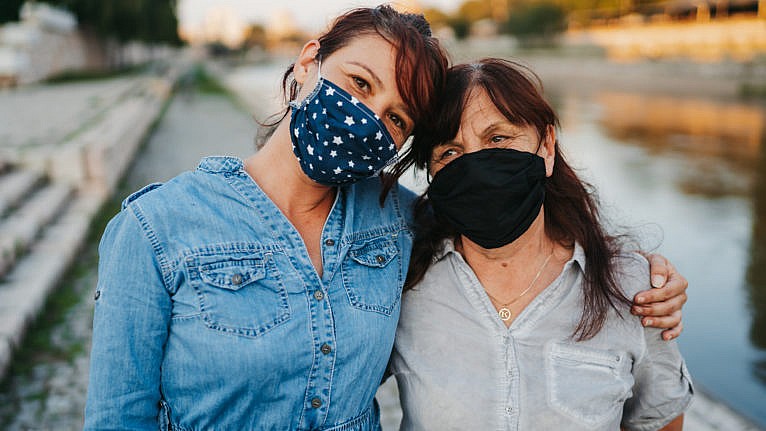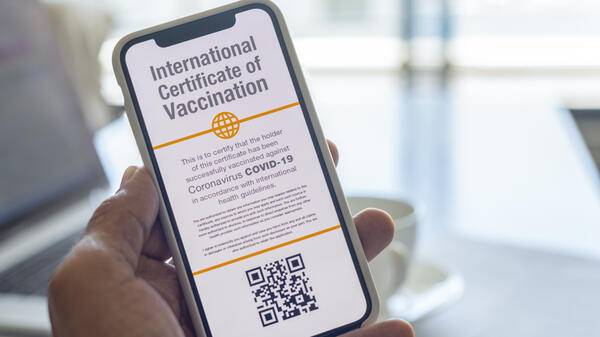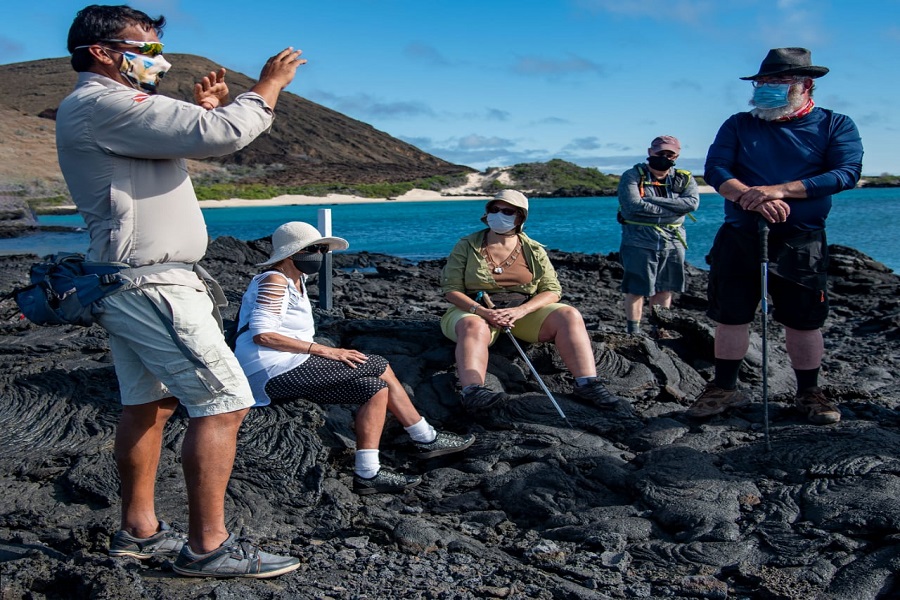As known the tourism field has been one of the industries hardest hit by the Covid-19 pandemic. International tourist arrivals have fallen by 85% worldwide and more less over 170 million jobs have been lost in our sector.
Tourist numbers have returned as early as the 1990s. The World Tourism Organization estimates that it will take us between 2.5 and 4 years to return to the number of tourists we had in 2019.
So, what can we do while everything goes back to normal?
It is still not very clear what travel will be like in 2021. As the procedures for people around the world are still improving it is clear, seeing the growth of infections around the world and the emergence of new strains, that the first months of the year there will be little movement of tourists. The tourism sector was reactivated twice last year, but soon after the outbreaks caused international travel to be reduced again to a minimum, due to the restrictions imposed in different countries.
Now, with the arrival of the vaccines, the sector is confident that in a few months tourism can be reactivated with certain guarantees.

The development of the activity is still very uncertain, since it is very difficult to make forecasts in such a changing environment and in such a global context (the pandemic affects all countries and almost all industries).
It is very likely that the idea of creating a health passport to confirm that either the disease has passed, or the traveler has been vaccinated, or at least has a negative PCR performed in the last 72 hours will become a reality. This passport may be required to enter certain destinations and even tourist attractions and resources.
Here is where some questions appear.
Will the destinations accept only certain vaccines approved in the United States and Europe?
Which institution or body will ensure the authenticity of the data included in the health passport?
Will tourism be an elitist activity again, accessible only to people with access to the vaccine or who can afford a PCR test?
There are already companies developing mobile applications that allow you to show the vaccines or PCR tests you have had. One example is Common Pass, which has already reached agreements with several airlines, or IBM’s Digital Health Pass, aimed at allowing companies to bring their employees back to their offices in a secure way (customizing for each company the levels required for access). This application can also be used for meetings and events.
IATA, the International Air Transport Association is also working on a digital platform to manage this type of certificates.

What tourist will look for the future new adventures?
What is clear is that tourists will be more suspicious and demanding in:
– Health issues (they need to feel safe while they travel)
– Quality of products and services they consume
– Ease of digital management of contracted services
– Personalization of products to their tastes and needs.
Read: Galagents Biosecurity Protocols.
Many people will want to return to destinations they know well and where they trust and feel safe.
Others will want to take a Once-in-a-Lifetime Trip (these tourists have been planning that ideal trip to a faraway destination for months) and here is where the Galapagos Islands jump once again to the spotlight.
The Galapagos Islands are one the few worldwide destinations that opened in August 2020 with very strict Biosecurity Protocols to once again receive explorers that are willing to re discover this unique place, receiving more likely travelers willing to cruise since the few ships that are navigating visit inhabitant islands where contact with other is literally ZERO so it reduces the chance of contagious.
“Many tourists this year are looking for trips that help them rejuvenate (at least mentally)
and recharge their batteries by visiting natural destinations away from the common crowd places.”
In this sense, 2021 will see an increase in hedonistic trips to relax and disconnect from the fateful 2020.
In general, in the tourism sector there will be an increase in demand for activities that help relaxation, disconnection and personal development: such as hot springs, massages, meditation, yoga or mindfulness workshops.
Taking all these conditions in consideration we want you stay tuned with us for more recommendations on how to guide your future clients when go back to our “normal” lives.


 Discover our vessels in the Galapagos Islands!
Discover our vessels in the Galapagos Islands!